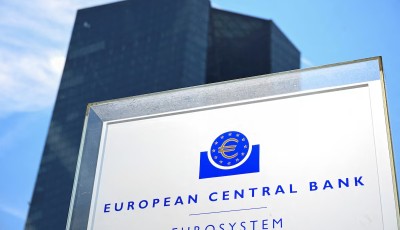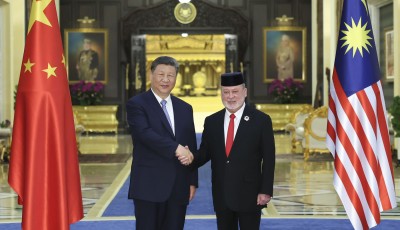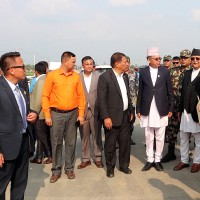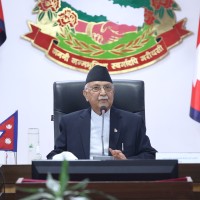Pakistan to Send Delegation to Washington for Tariff Talks Despite Temporary US Delay

Pakistan will dispatch a high-level delegation to the United States in the coming weeks to negotiate new trade tariffs, the government confirmed on Wednesday — just hours before U.S. President Donald Trump announced a 90-day delay to the proposed measures.
Washington last week unveiled a 29 percent tariff on Pakistani goods as part of a broader crackdown on trade partners that rattled global markets. However, in a late-night statement on Wednesday, Trump said the new duties would be postponed for 90 days. Despite the delay, all countries would still be subject to a baseline 10 percent tariff.
Prime Minister Shehbaz Sharif’s office confirmed late Wednesday that the planned visit would proceed as scheduled. A senior official from Pakistan’s Ministry of Commerce, speaking on condition of anonymity, reiterated on Thursday that the delegation’s trip to Washington remains on track.
“A high-level government delegation is scheduled to depart for Washington in the coming weeks to engage in talks with U.S. officials,” the official told AFP.
According to the Office of the U.S. Trade Representative, bilateral trade between Pakistan and the United States totaled $7.3 billion in 2024, with U.S. imports from Pakistan amounting to $5.1 billion. Cotton and textiles remain among Pakistan’s leading exports.
The announcement of the delegation coincided with a visit to Islamabad by a U.S. team led by State Department official Eric Meyer, who held discussions with Prime Minister Sharif on Wednesday. A statement from the Prime Minister’s Office said both sides reaffirmed their commitment to strengthening bilateral relations.
Pakistan narrowly avoided default in 2023 after a deepening political crisis exacerbated an already deteriorating economic situation. The country was ultimately stabilized by a $7 billion bailout from the International Monetary Fund (IMF), helping ease inflation and bolster foreign exchange reserves.
However, Islamabad’s strategic value to Washington has waned since the U.S. military withdrawal from Afghanistan, and current bilateral engagement is largely focused on counterterrorism cooperation.








_3.png)


_3.png)



तपाईको प्रतिक्रिया दिनुहोस